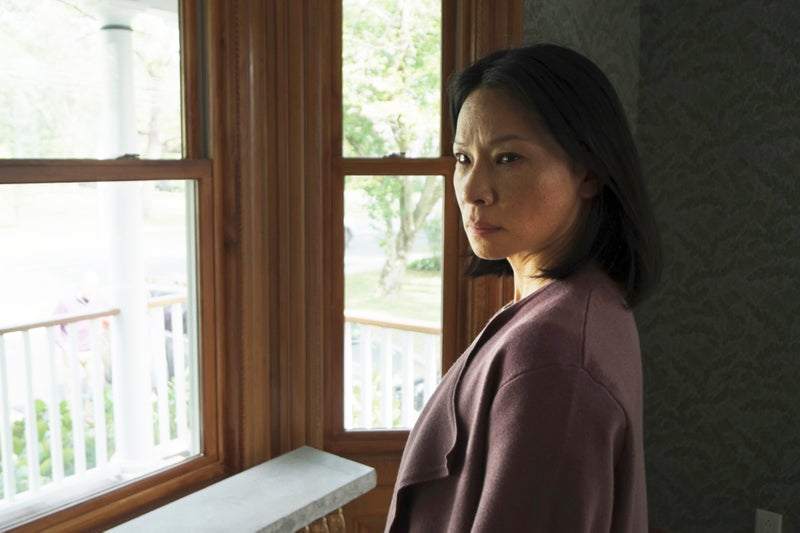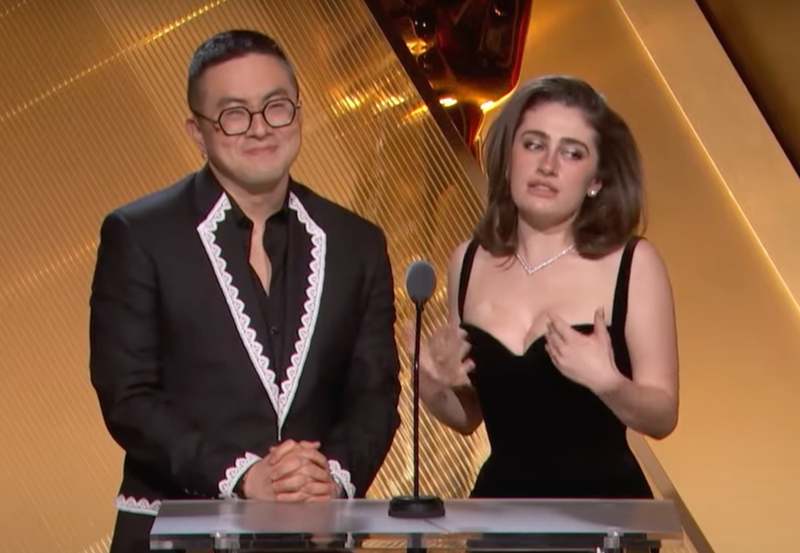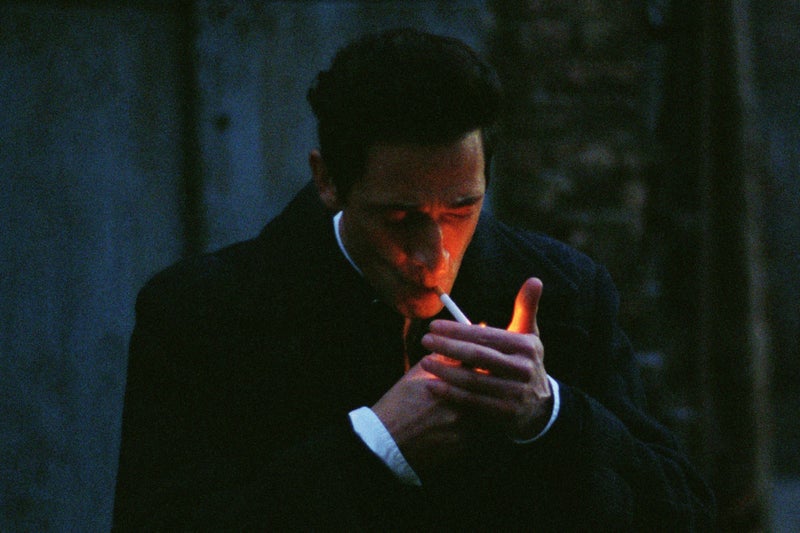Steven Soderbergh’s Presence radically subverts the haunted house genre
Share:
Lucy Liu and Julia Fox star in a film that puts the viewer in the perspective of the ghost haunting a family’s new home. When Steven Soderbergh publicly retired back in 2013, the filmmaker behind movies including Sex, Lies & Videotape, Ocean’s Eleven and Erin Brockovich warned us: “The problem is that cinema as I define it, and as something that inspired me, is under assault by the studios and, from what I can tell, with the full support of the audience.” He was right – too often now it feels as if we’ve all crowded around, morbidly curious, to watch cinema’s last, ragged breaths.
He then unretired, almost immediately. But this wasn’t a late-night text to a just-dumped ex, this was a return on new, concreted terms, the kind you’d wish every great director could indulge in. Soderbergh, now, exclusively makes films fuelled by the joy of making films. They prod at the form. They remain curious, even in their failures. His latest, Presence, shares a fair amount in common with Unsane (2018) and Kimi (2022) – clean, simple premises tied primarily to a single location, yet giddy with possibility.
Here, it’s a flipped perspective on the haunted house story. We’re the ghost. Or the camera’s the ghost. Either way, we’re both voyeur and active participants in the narrative, as we watch a family of four move into a beautiful, historic home only to slowly realise there’s a fifth occupant they haven’t accounted for.
Screenwriter David Koepp (who also collaborated with Soderbergh on Kimi and the forthcoming spy thriller Black Bag), leans into the fragmented nature of ghostdom. We’re introduced to Rebekah (Lucy Liu) and Chris (Chris Sullivan), plus kids Chloe (Callina Liang) and Tyler (Eddy Maday), via their glamorously persuasive realtor (Julia Fox). Yet the following scenes don’t quite line up in a conventional manner; we fade in and out of consciousness and wander between rooms, drawn in by the sounds of whispering voices.






















